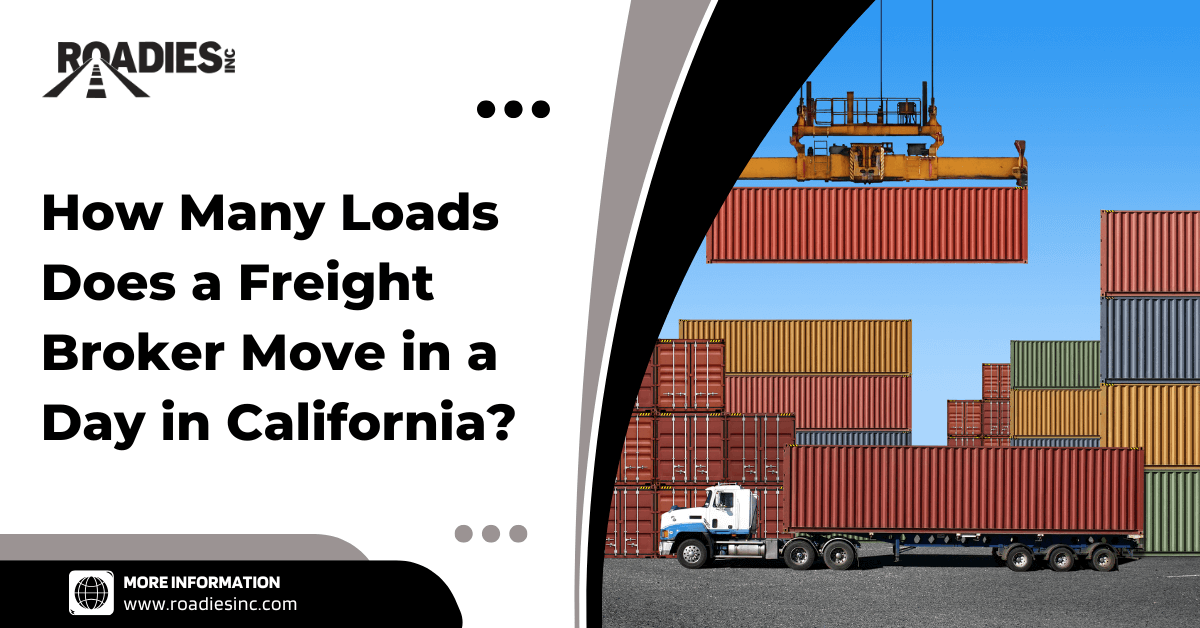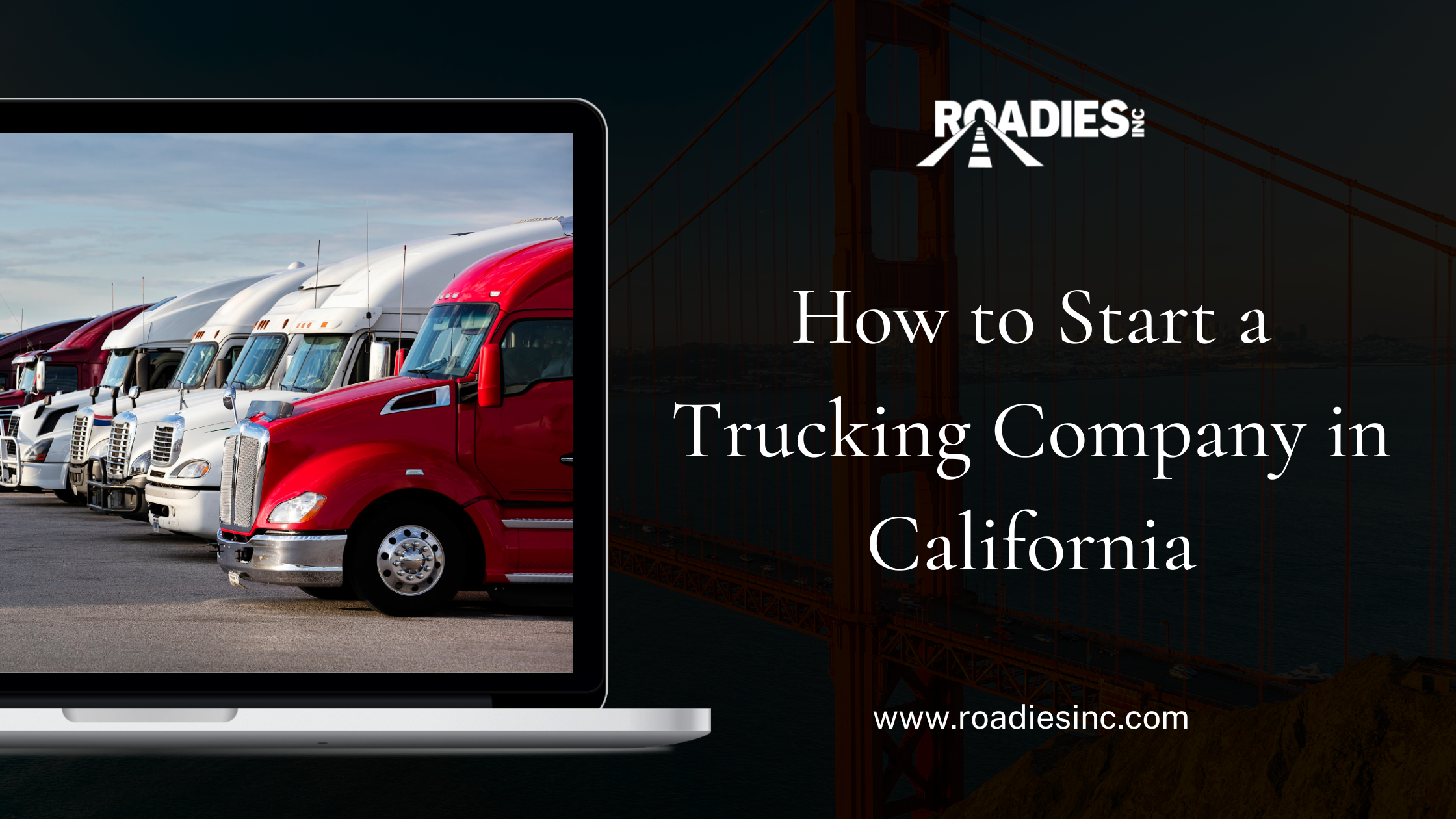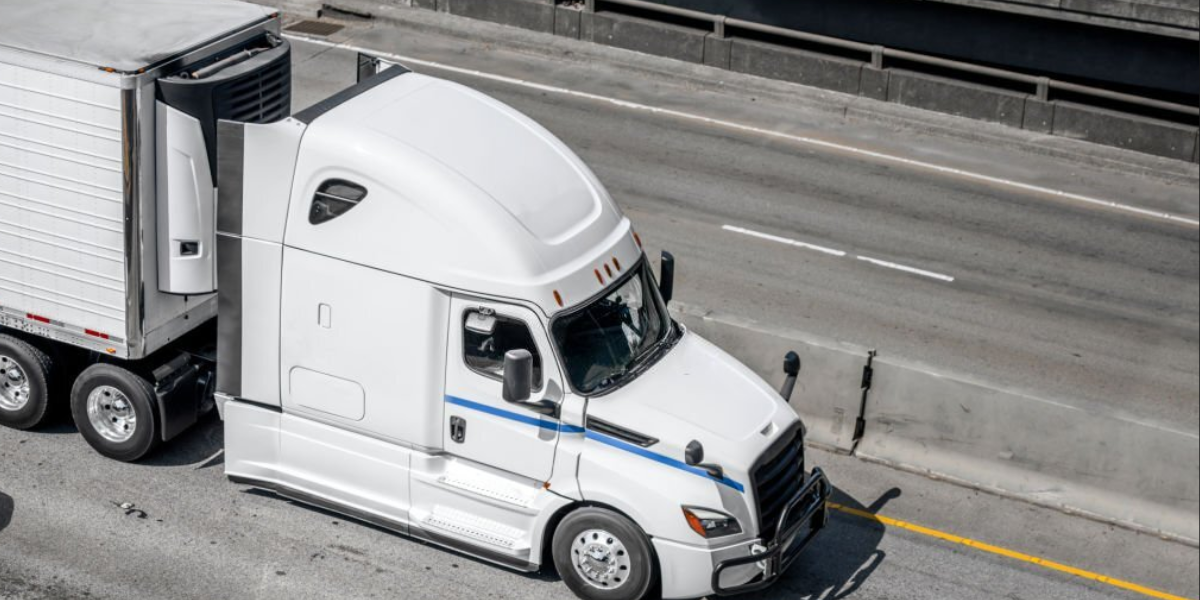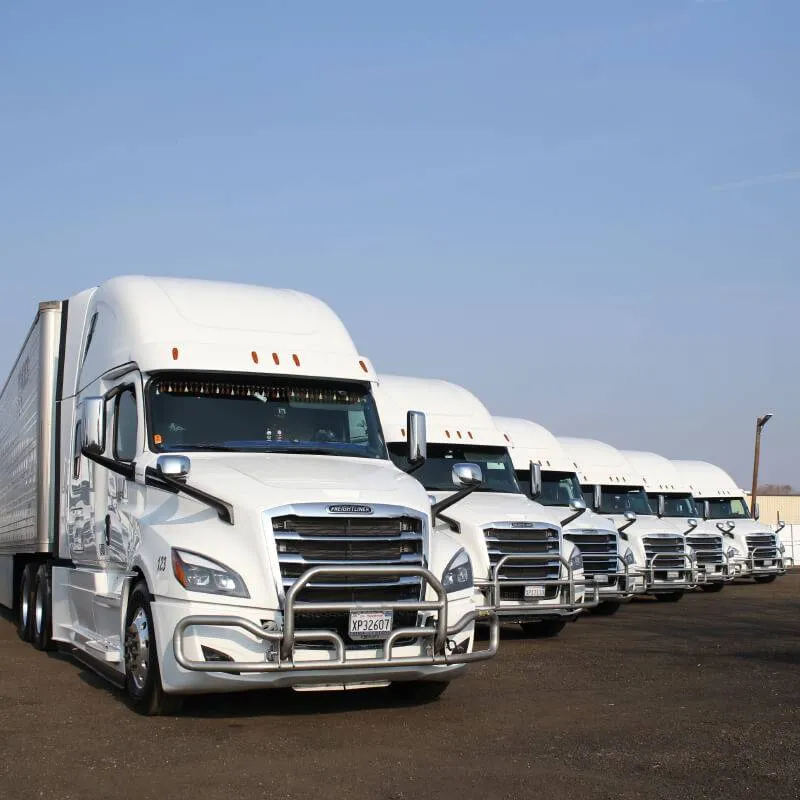A thorough grasp of logistics is not enough to navigate competitive freight brokerage in California; complete adherence to federal and state laws, including obtaining a freight broker bond, is also necessary. The Federal Motor Carrier Safety Administration (FMCSA) has mandated this bond, which is essential for upholding lawful operations and efficiently managing risks. All of the information you want regarding freight broker bonds, FMCSA regulations, and risk management techniques for freight brokers in California will be covered in this blog.
What is a Freight Broker and its Role?
Freight brokerage in California is an important aspect of the transportation business. Their responsibilities include connecting shippers with carriers, setting prices utilizing data and insights, and managing back-office paperwork, all while keeping complete compliance with numerous state and federal standards. Carriers, like shippers, may benefit from partnering with a quality freight broker. They may save time and money by having a broker find high-value loads for them and create long-term partnerships that will result in repeat business in the future. Whether you are a trucking company in California looking for dependable freight or a carrier seeking steady loads, Roadies Inc. can connect you with reliable freight brokerage services to keep your business moving efficiently.
How Can I Work in California as a Freight Broker?
It might take a lot of time and work to complete all the qualifications needed to become a certified freight broker in California. You must have BOC-3 process agents in addition to making sure you have the appropriate permits.
Fortunately, Roadiesinc is available to assist you and provide all the advice you want in order to launch your freight broker company.
The simple method to file for permits
Obtain process agents for BOC-3
Conserve money, time, and effort.
1. The simple method to file for permits
Get advice from professionals while submitting your state and federal permits. There is a lot of paperwork involved in becoming a freight broker in California. It’s all too simple to become lost or overlook an important step that might cause your company’s launch date to be delayed by weeks. Roadies Inc. is available to guide you at every step. We’ll make the process easier so you can concentrate on growing your company, whether that means acquiring your federal permission or fulfilling California’s unique state criteria.
2. Obtain process agents for BOC-3
Simplify the procedure with Roadies Inc.’s reliable assistance. In order to select a process agent who may receive and send legal papers on their behalf, freight brokers involved in interstate transportation in the United States must submit their BOC-3 form. We can take care of the paperwork and promptly put you in touch with trustworthy process agents in any state where you do business.
3. Conserve money, time, and effort
Earn your California freight broker license with our help. Getting your freight broker license in California can be a complicated process, but Roadies Inc is here to help. When you work with us, you’ll partner with experts who know the process inside and out. We makes earning your freight broker license in California a breeze. From BOC-3 papers to state permissions, we’ll take care of the paperwork and hard lifting so you can concentrate on the important things.
How Many Loads Do Freight Brokers Handle Daily?
The number of cargoes a broker moves in a given day varies widely. A new freight broker may only handle a few shipments a day, but a seasoned brokerage with a strong carrier network may move dozens. On average, the majority of small to mid-sized brokers handle five to twenty cargoes every day. Larger companies may shift much more, particularly those catering to high-demand sectors like manufacturing or agriculture.
To maintain its trucks filled every day, for instance, a California trucking business may collaborate with several brokers. Every successful broker-carrier match is considered a “load moved.” This demonstrates how dynamic and fast-paced the freight brokerage industry can be.
Final Thoughts
So, how many loads does a freight broker move in a day in California? The answer ranges from a few shipments for smaller brokers to dozens or even hundreds for large firms. With California’s busy economy and global trade connections, freight brokers are vital to keeping goods in motion. Whether you are a business looking for dependable logistics or a carrier seeking steady freight, working with a reliable freight brokerage in California can make all the difference. Roadies Inc. helps freight brokerage and trucking companies in California find high-value loads, manage back-office paperwork, and ensure compliance with federal and state regulations.
FAQs
1. What does a freight broker do in California?
A freight broker in California connects shippers with carriers, negotiates rates, manages back-office paperwork, and ensures compliance with state and federal regulations. At Roadies Inc., we simplify this process for carriers and shippers alike, making freight brokerage efficient and hassle-free.
2. How can I work as a freight broker in California with the assistance of Roadies Inc.?
In California, being a freight broker requires a lot of paperwork, BOC-3 process agents, and federal and state permissions. Roadies Inc. offers professional advice and assistance at every stage, assisting you in connecting with reliable process agents, obtaining licenses promptly, and launching your company without incident.
3. Does California require a BOC-3 process agent?
Yes, in order to receive and send legal papers, all freight brokers operating interstate in the United States, including California, are required to appoint a BOC-3 process agent. You may save time, money, and effort by connecting with trustworthy agents in any state with Roadies Inc.
4. How many loads can a freight broker move in a day in California?
The number varies widely. New brokers may handle a few shipments daily, while experienced brokers with a strong carrier network may move dozens. On average, small to mid-sized brokers manage 5–20 loads daily. Roadies Inc. ensures your brokerage maximizes efficiency and productivity in California’s fast-paced market.
5. Why choose Roadies Inc. for freight brokerage services in California?
We offers comprehensive support for freight brokers and carriers in California, from federal and state permits to BOC-3 forms and daily load management. Our expertise ensures your business stays compliant, grows efficiently, and builds long-term carrier relationships.






